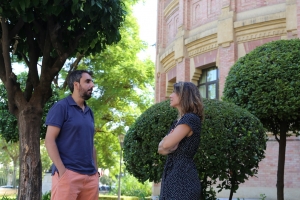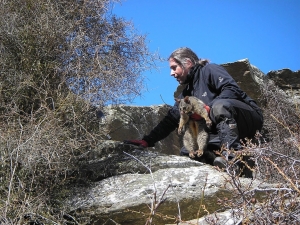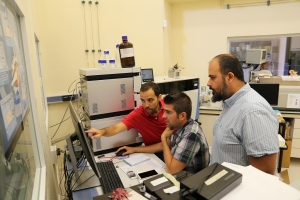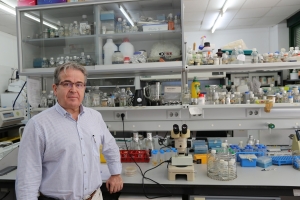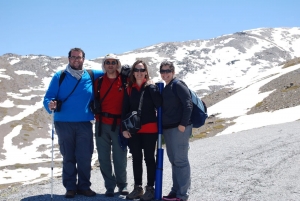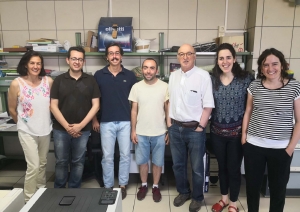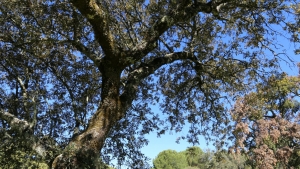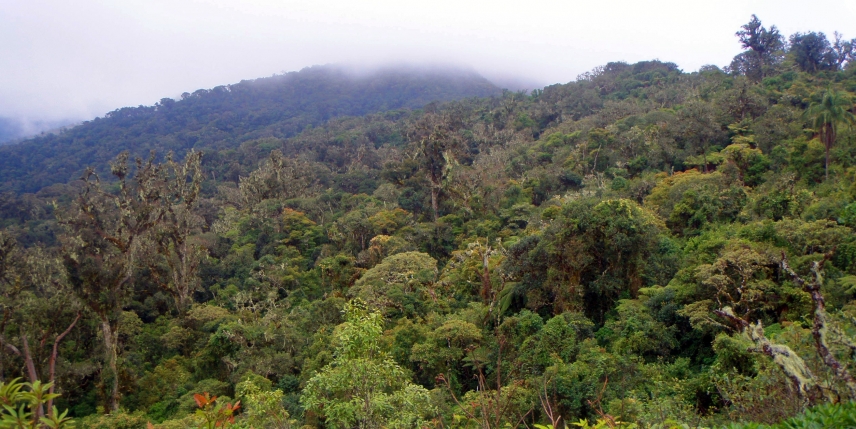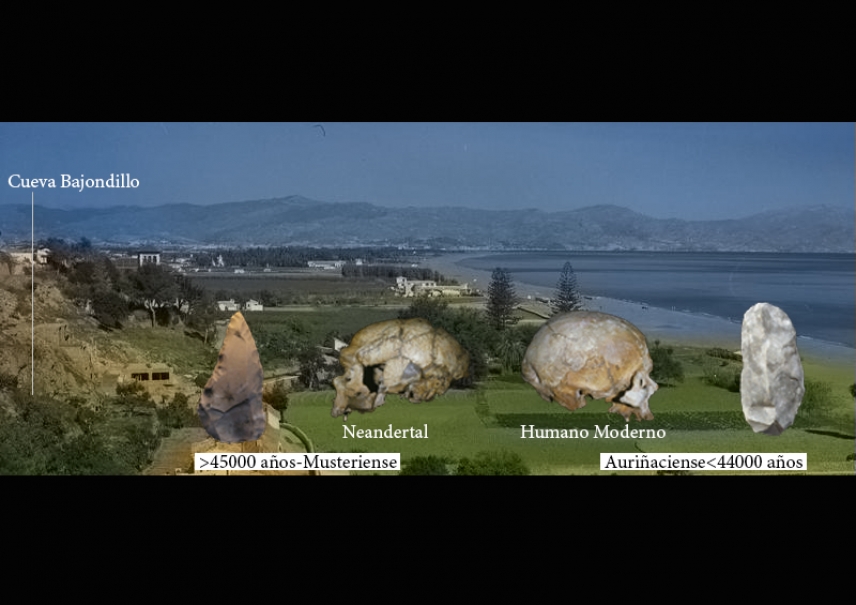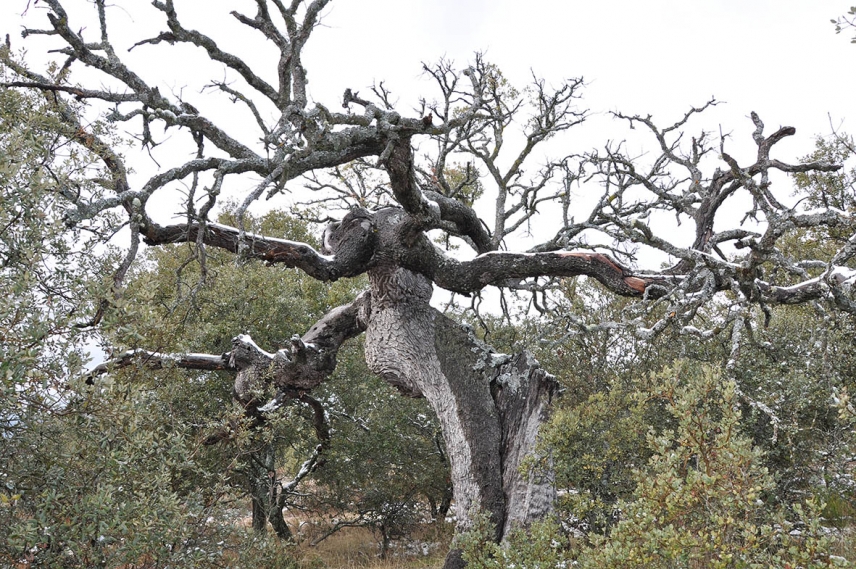Algae and bacteria team up to increase hydrogen production
A University of Cordoba research group combined algae and bacteria in order to produce biohydrogen, fuel of the future
The International Research Community Evaluates GPS Collars to Geolocate Wild Animals
A scientific article analyses the results yielded by GPS collars in ecological studies on wildlife by combining data from 167 projects worldwide
Goat milk kefir is proven to be good for your health
A University of Cordoba research team, for the first time, applied a protein identification technique to this product on a massive scale and found activity of healthy compounds
Part of the immune strategy of the strawberry plant is characterized
A University of Cordoba research group classified a gene family responsible for partial control of strawberry defense mechanisms when attacked by common pathogens in crop fields
Snow monitoring at the Sierra Nevada peaks offer the first medium-term data sets
A research group at the University of Cordoba published 14 years of weather monitoring in the Sierra Nevada along with photographs of snow distribution
PROJECT SUSTAINFARM | Agriculture Expands its Possibilities by Combining Elements
The SustainFARM project seeks to augment the agronomic, environmental and economic performance of Integrated Food and Non-food Production Systems (IFNS)
Dehesa health starts from the ground up
University of Cordoba research analyzes how changes in the structure of soil microbiota affect holm oak decline
Silvicultural treatments can increase the capacity to absorb carbon in forests
The Department of Forest Engineering at the University of Cordoba used LiDAR (Light Detection and Ranging) technology to plan Aleppo pine replanting in search of the highest absorption of carbon
The current importance of climate change has turned carbon sequestration into the focus of strategies aimed at reducing the concentration of CO2 in the atomosphere. Given their role as sinks for natural carbon, forest ecosystems can be allies in environmental sustainability. However, the challenge in research lies in increasing the “sequestration power” of these ecosystems.
Modern humans replaced Neanderthals in southern Spain 44,000 years ago
The University of Cordoba, in collaboration with the University of Granada, participated in an international study published today in the journal Nature Ecology and Evolution, proving that Neanderthals were replaced by modern humans in southern Iberia 5,000 years before than previously thought
A study carried out in Bajondillo Cave (in the town of Torremolinos, in the province of Malaga) by an international team made up of researchers from Spain, Japan and the U.K. revealed that modern humans replaced Neanderthals 44,000 years ago. This study, published today in the journal Nature Ecology and Evolution and in which University of Cordoba and University of Granada scientists participated, demonstrates that replacing Neanderthals for modern humans in southern Iberia is an early, not late, occurrence, in the context of Western Europe. That is to say it happened 5,000 years before previously thought up until now.
Drought determines Holm oak defense strategies
Research at the University of Cordoba underscores the importance of water stress on the response of Holm oaks facing Phytophthora infection
Holm oak decline is threatening the sustainability of the dehesas, making it one of the most worrisome problems in the field of forest health for the scientific community. Depsite considering the pathogen Phytophthora cinnamomi the main trigger for this situation, external conditions, such as extreme drought, are also determining factors in the process of dying woodland.


